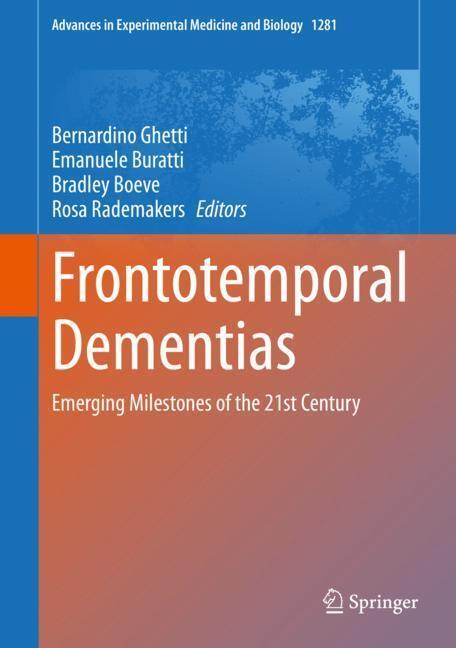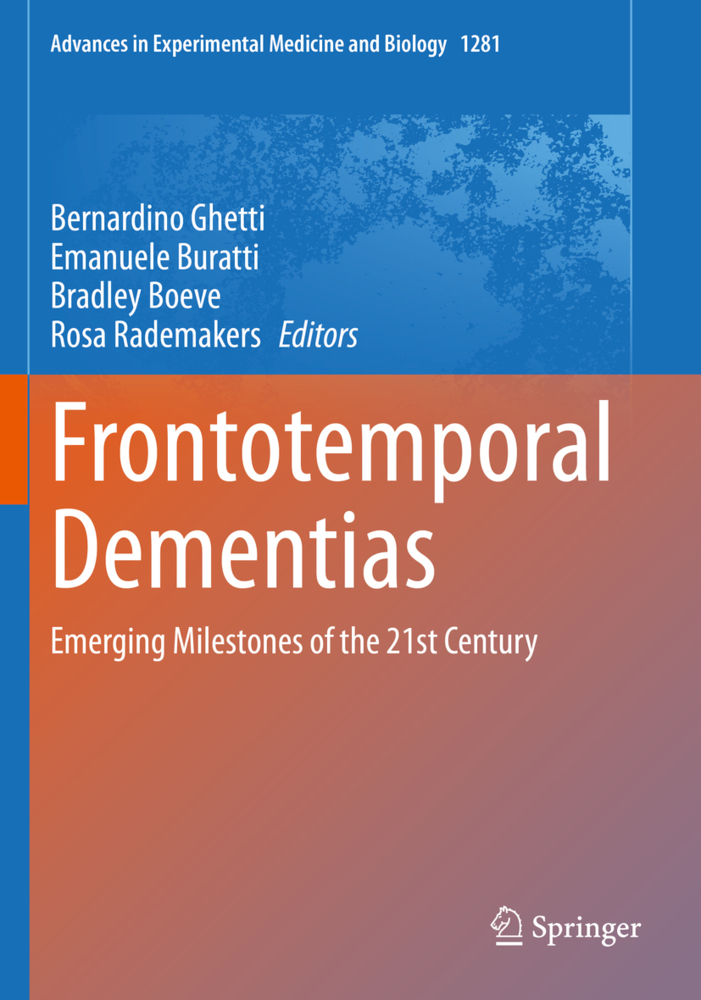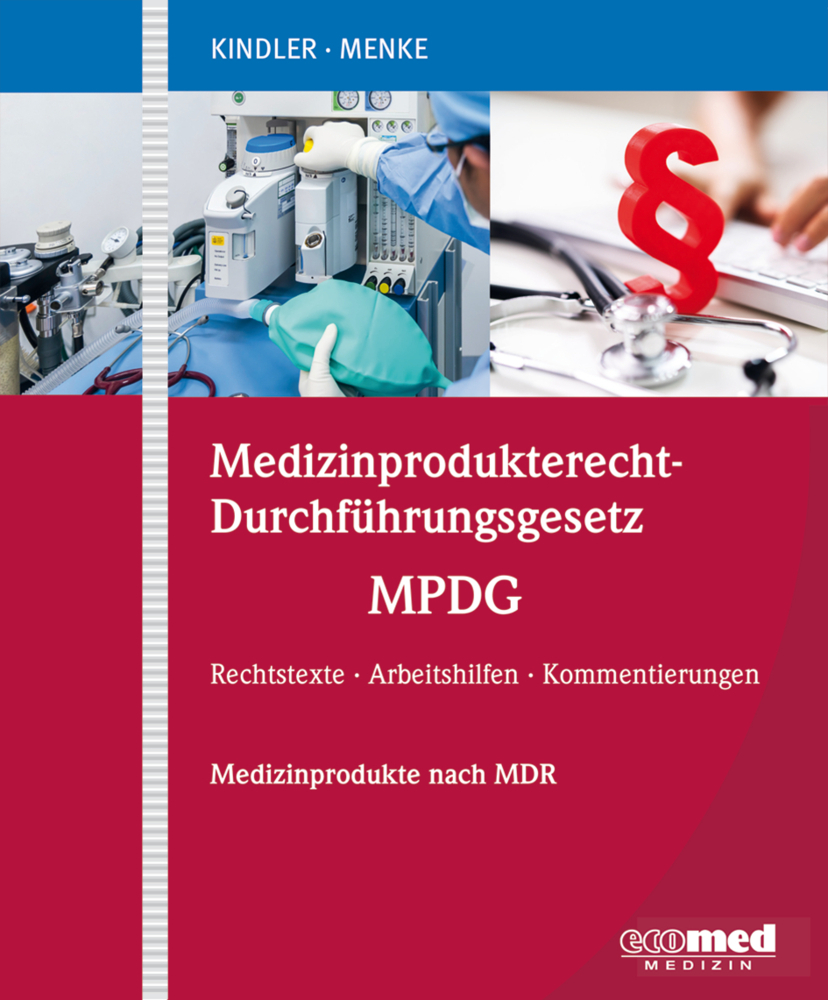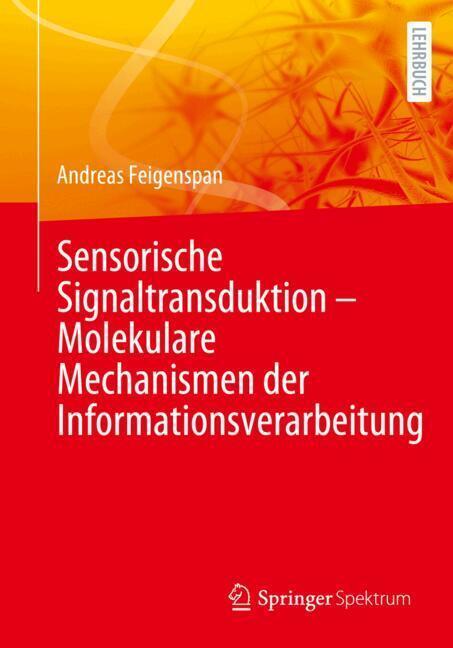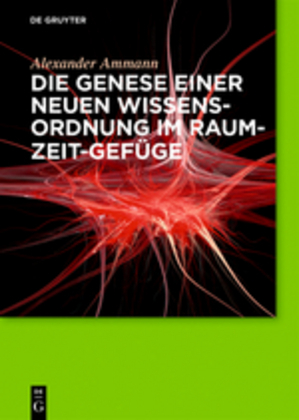Frontotemporal Dementias
Under the name of Frontotemporal Dementias (FTD) numerous hereditary and sporadic disorders are listed. FTD may take away speech and language, social skills and ethical judgement, wishes and will, empathy and emotions; it may also impair motor functions. FTD may affect men and women in midlife or during old age leading to the demolition of the uniqueness of the human mind.
In the last decade of the 20th century and in the first two decades of the 21st century, progress in the understanding of clinical, neuropathological, biochemical, and genetic aspects of FTD has accelerated. The novel awareness about FTD has directed young generations of researchers toward the study of this complex group of disorders.
This Volume has been formulated with the participation of some of the leading scientists who have contributed to the development of knowledge in the clinical and basic science arenas. It captures the current central elements that are relevant to an up-to-date understanding of causes and pathogenesis of multiple forms of FTD.
The volume is an opus that represents a distillation of the work of many scientists and addresses the current directions in the study of one of the most complex groups of diseases. In view of its structure, the book could also be used as a textbook, that offers both a broad and deep analysis of major areas in FTD.This book, planned by the International Society for Frontotemporal Dementias, is distinctive as it opens a window to a wide landscape about the biology of FTD.
Thus, the book represents a moment of reflection on the present state of our knowledge of FTD and a collective vision toward scientific progress. The authors of each chapter share their knowledge and vision aimed at reducing the suffering which is caused by FTD.
Bernardino Ghetti is Doctor of Medicine and Specialized in Mental and Nervous Diseases from the University of Pisa, Italy. At the Albert Einstein College of Medicine, New York, he completed Research Fellowships of Italian National Research Council and North Atlantic Treaty Organization and then Residency in Pathology and Neuropathology. He is Board Certified in Neuropathology and is Professor of Pathology, Psychiatry, Medical and Molecular Genetics, Neurology, Distinguished Professor of Indiana University, and Chancellor's Professor of Indiana University-Purdue University. He founded the Indiana Alzheimer Disease Center and served as its First Director for 23 years. He served as 58th President of the AANP and 16th President of the ISN. He is the Founder of ISFTD and served as its First President. His seminal work in neuroscience helped deciphering the neuropathology and genetics of hereditary dementias and continues with groundbreaking studies of the structure of the filament core of tau and a-synuclein in human neurodegenerative diseases. He is a Fellow of ANA and AAAS, received the NINDS' Javits Neuroscience Investigator Award, an Honorary Doctorate in Medicine from the University of Siena, Italy, the AANP's Award for Meritorious Contribution to Neuropathology, the Alzheimer's Association's Henry M. Wisniewski Award for Lifetime Achievement in AD Research, and the AAN's Potamkin Prize for Research in Pick's, Alzheimer's, and Related Diseases.
Emanuele Buratti is currently Group Leader of the Molecular Pathology Laboratory at the International Centre for Genetic Engineering and Biotechnology (ICGEB) in Trieste and Professor at the University of Trieste. Previously, he studied at the University of Trieste for a B.Sc. in Biology and a Ph.D. in Biochemistry. In 1995, he moved to ICGEB as a Staff Research Scientist. Dr. Buratti principal areas of expertise are the investigation of RNA binding proteins and RNA metabolism in neurodegeneration and metabolic diseases. On these subjects, Emanuele Buratti is the author of more than 160 research papers in peer-reviewed publications and of book articles on these subjects (for a full list see orcid.org/0000-0002-1356-9074). He is Associate Editor at Frontiers in Genetics, Academic Editor at PloS ONE, and part of the Editorial Board at Journal of Biological Chemistry and Molecular and Cellular Neurosciences. He is also a member of the Scientific Committee of the Italian FTD Patient association (AIFTD) and an Expert Panel Member for Research Foundation Flanders (FWO). Homepage: http://www.icgeb.trieste.it/molecular-pathology.html
Dr. Brad Boeve is a consultant in the Department of Neurology and Center for Sleep Medicine at Mayo Clinic in Rochester, Minnesota, and is Professor of Neurology in the Mayo Clinic College of Medicine and Science. He also serves as Chair of the Division of Behavioral Neurology. His clinical and research interests include the non-Alzheimer's degenerative dementias and the neurologically-based sleep disorders, and particular interests in frontotemporal dementia +/- parkinsonism +/- ALS, primary progressive aphasia, corticobasal syndrome, and progressive supranuclear palsy/Richardson's syndrome, among other disorders. He is a member of the International Society for Frontotemporal Dementias, the Medical Advisory Council of the Association for Frontotemporal Degeneration, and the FTD Prevention Initiative. He is co-PI of Longitudinal Evaluation of Familial Frontotemporal Dementia Subjects (LEFFTDS), co-investigator in the Advancing Research and Treatment in Frontotemporal Lobar Degeneration (ARTFL), and co-PI of the ARFTL-LEFFTDS Longitudinal Frontotemporal Lobar Degeneration (ALLFTD) Consortium. He is funded by the National Institute on Aging, National Institute of Neurological Disorders and Stroke, the Little Family Foundation, and the Mangurian Foundation.
Dr. Rosa Rademakers is Scientific Director of the VIB Center for Molecular Neurology and Professor of Neurogenetics at the Department of Biomedical Sciences at the University of Antwerp, Belgium, since 2019. Prior to that, she was Professor of Neuroscience at the Mayo Clinic in Jacksonville, Florida, where she still holds a position as Supplemental Consultant. Her research is focused on the molecular genetic analyses of neurodegenerative diseases, with a special interest in frontotemporal lobar degeneration and related neurodegenerative disorders. Her research program aims to provide new insights into disease pathogenesis and to identify novel targets for therapy through the discovery and subsequent study of novel disease genes. She leads the international FTLD-TDP whole genome sequencing consortium and is the co-lead of the Genetics Core of the ARFTL-LEFFTDS Longitudinal Frontotemporal Lobar Degeneration (ALLFTD) Consortium. She is the current President of the International Society for Frontotemporal Dementias and a member of the Medical Advisory Council of the Association for Frontotemporal Degeneration. She has received the Paolo Gontijo Medicine Award, the Sheila Essey Award for ALS Research and is the recipient of the 2016 Potamkin Prize for Research in Pick's, Alzheimer's and Related Disorders of the American Academy of Neurology.
Ghetti, Bernardino
Buratti, Emanuele
Boeve, Bradley
Rademakers, Rosa
| ISBN | 9783030511401 |
|---|---|
| Artikelnummer | 9783030511401 |
| Medientyp | E-Book - PDF |
| Copyrightjahr | 2021 |
| Verlag | Springer-Verlag |
| Umfang | 320 Seiten |
| Sprache | Englisch |
| Kopierschutz | Digitales Wasserzeichen |

